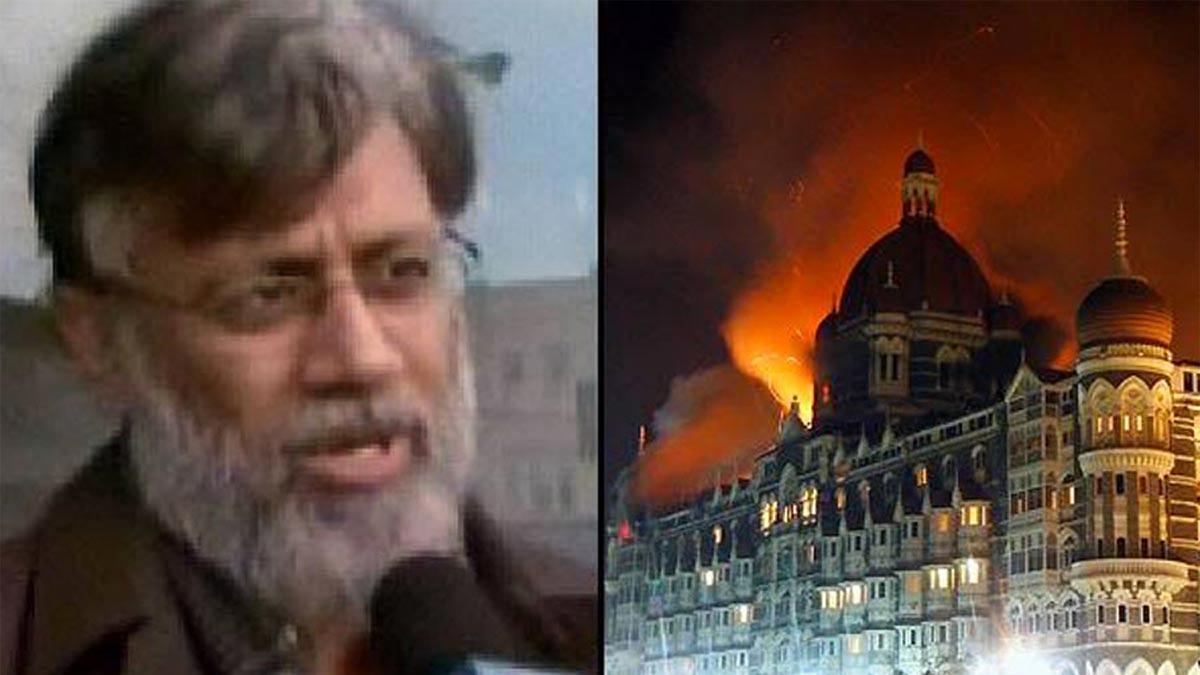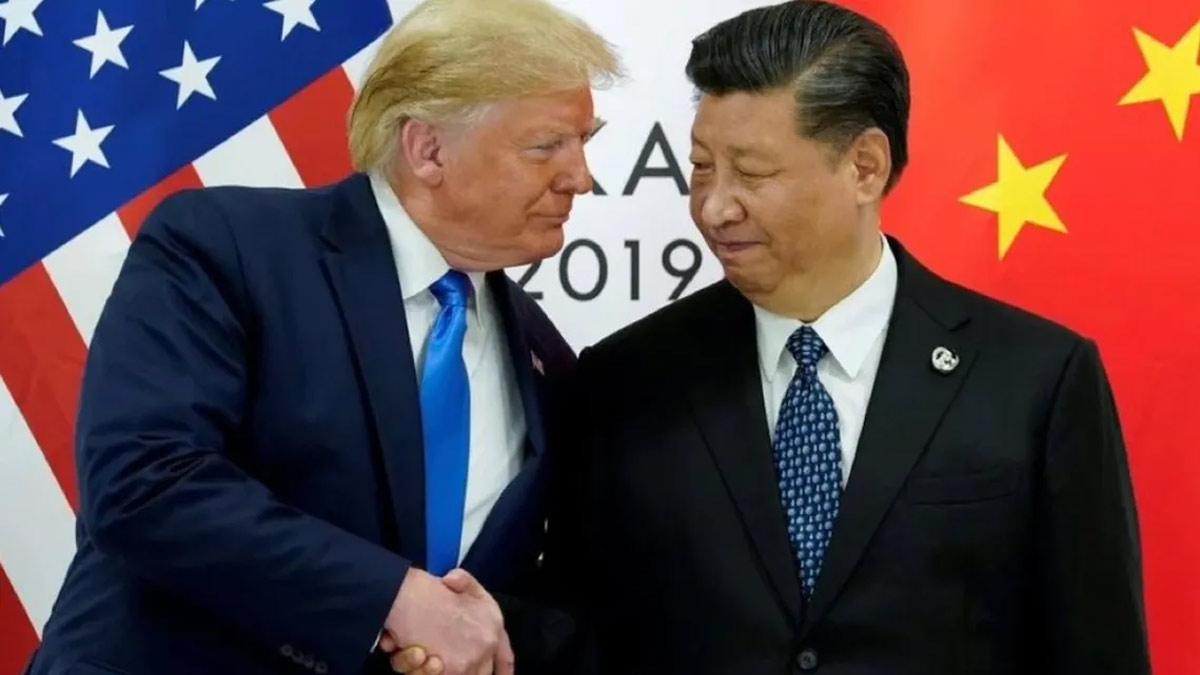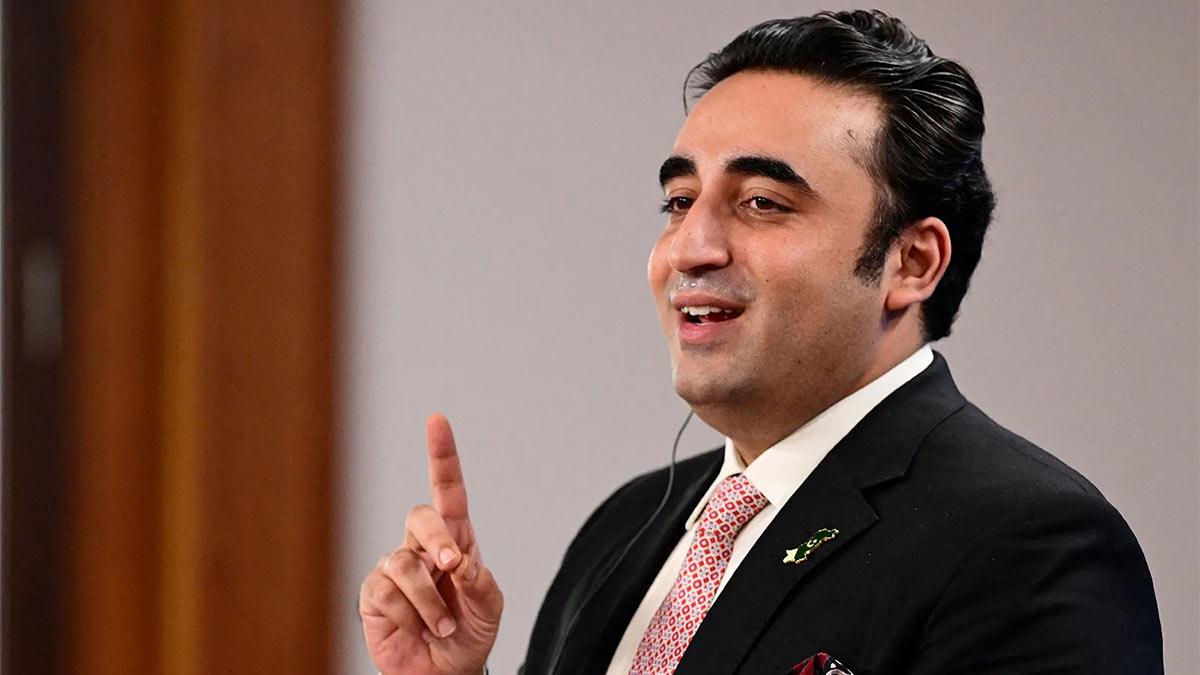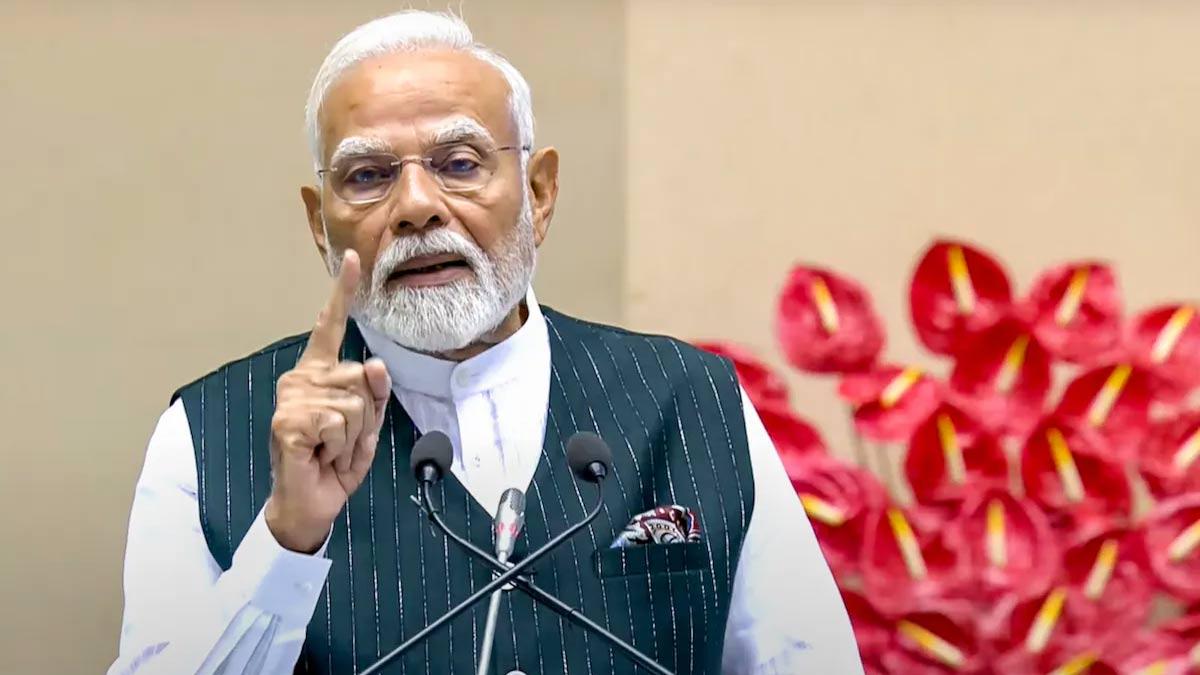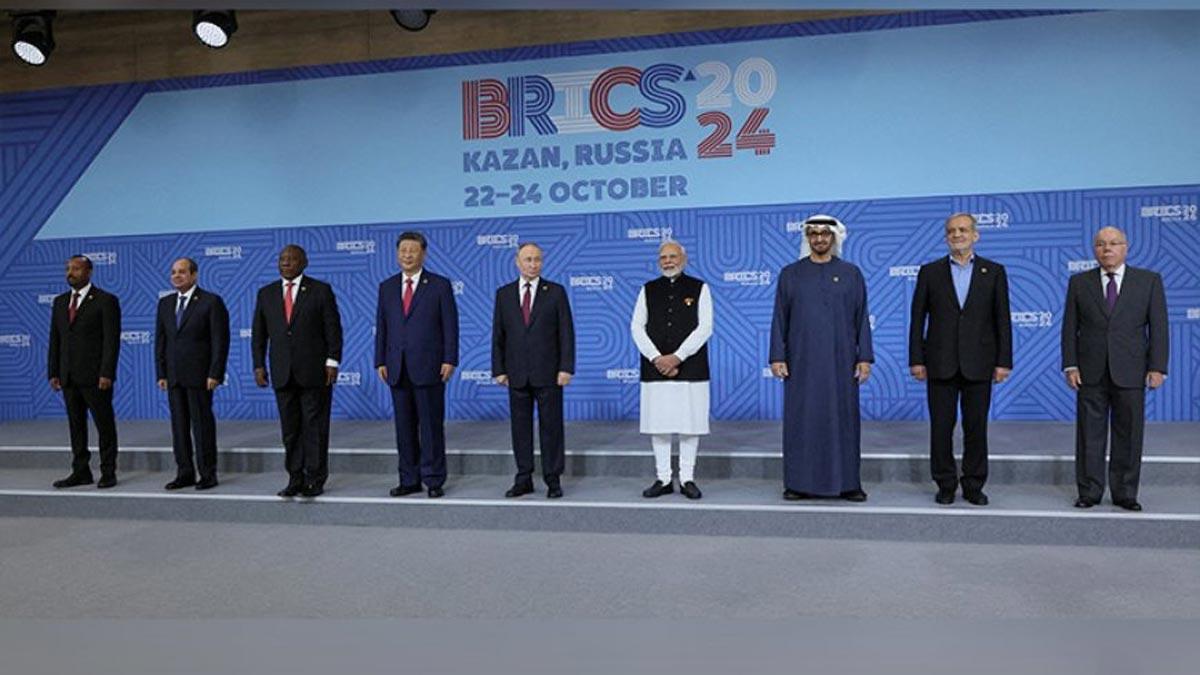US President Donald Trump has confirmed that his government has approved the extradition of Tahawwur Rana, a prime suspect sought by Indian authorities for his role in the 2008 Mumbai terror attacks. Describing Rana as a "very evil" person, Trump said that he will now be extradited to India to face justice.
Rana, who is a Canadian national of Pakistani origin, is also in detention in a federal jail in Los Angeles. He has been known to have connections with Pakistani-American terrorist David Coleman Headley, one of the prime masterminds of the Mumbai attacks.
In a joint press conference with Indian Prime Minister Narendra Modi when Modi was visiting the US, Trump made the disclosure on Thursday.
"Today, I am honored to announce that my administration has authorized the extradition of one of the plotters of the heinous Mumbai terrorist attack. He is one of the most wicked people in the world, and he will now be going to India to face justice," Trump stated.
The US Supreme Court had earlier rejected Rana's appeal in January, affirming the order for his extradition.
In January, India reiterated its continued coordination with US authorities to speed up the legal formalities for the transfer of Rana.
"The US Supreme Court, on 21 January, dismissed the petition of the accused. We are now working together with American authorities on procedural aspects to facilitate his early extradition," External Affairs Ministry spokesperson Randhir Jaiswal said.
The Mumbai Terror Attacks: A Dark Chapter in India's History
On November 26, 2008, a group of ten Pakistani terrorists crossed into Mumbai through the Arabian Sea and created a wave of synchronized attacks. They targeted a crowded railway station, two high-profile luxury hotels, and a Jewish community center.
The deadly siege lasted for almost 60 hours and claimed 166 lives. The historic attack shook India and brought India-Pakistan relations to a boiling point.
Ajmal Amir Kasab, the lone attacker who was taken alive, was given the death penalty and hanged in November 2012 at Yerawada Jail in Pune.
India has consistently asked Pakistan to act decisively against the perpetrators of the attack. But the pace of the trial of the accused in Pakistan has been slow, with very little tangible action against them.
Read also| India and US Unveil Bold Initiatives to Strengthen Defence and Energy Partnerships
Read also| Russia Rules Out Exchanging Ukrainian Territory for Kyiv-Controlled Parts of Kursk Region

